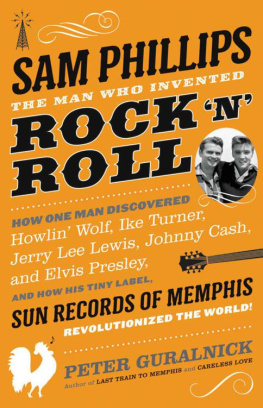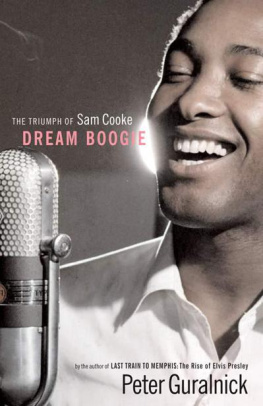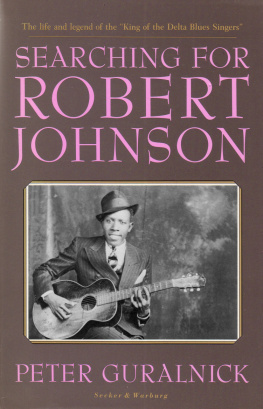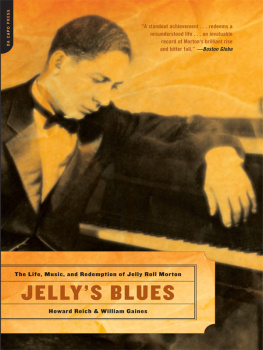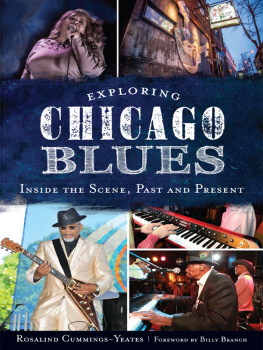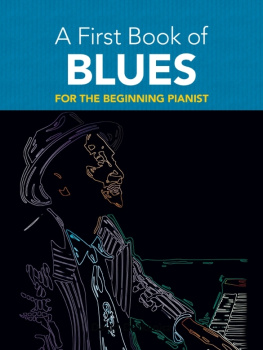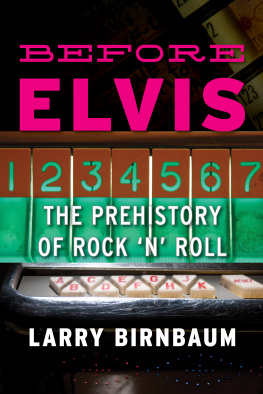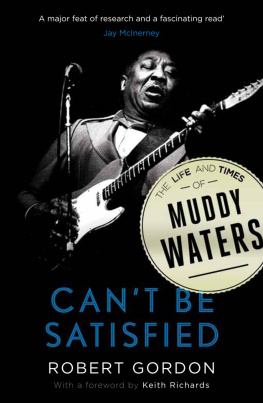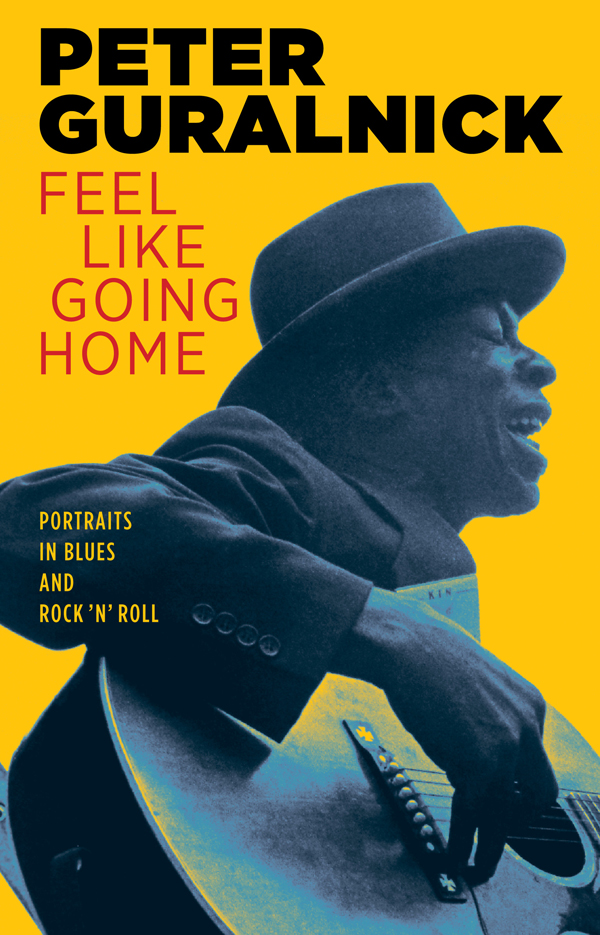In accordance with the U.S. Copyright Act of 1976, the scanning, uploading, and electronic sharing of any part of this book without the permission of the publisher constitute unlawful piracy and theft of the authors intellectual property. If you would like to use material from the book (other than for review purposes), prior written permission must be obtained by contacting the publisher at permissions@hbgusa.com. Thank you for your support of the authors rights.
Copyright 1971, 1989, 1999 by Peter Guralnick
Cover design by Susan Marsh; cover photo: Don Paulsen / Michael Ochs Archives / Getty Images. Cover copyright 2012 by Hachette Book Group, Inc.
All rights reserved. In accordance with the U.S. Copyright Act of 1976, the scanning, uploading, and electronic sharing of any part of this book without the permission of the publisher is unlawful piracy and theft of the authors intellectual property. If you would like to use material from the book (other than for review purposes), prior written permission must be obtained by contacting the publisher at permissions@hbgusa.com. Thank you for your support of the authors rights.
Little, Brown and Company
Hachette Book Group
237 Park Avenue, New York, NY 10017
littlebrown.com
twitter.com/littlebrown
peterguralnick.com
First e-book edition: December 2012
The publisher is not responsible for websites (or their content) that are not owned by the publisher.
The Hachette Speakers Bureau provides a wide range of authors for speaking events. To find out more, go to hachettespeakersbureau.com or call (866) 376-6591.
ISBN 978-0-316-20676-1
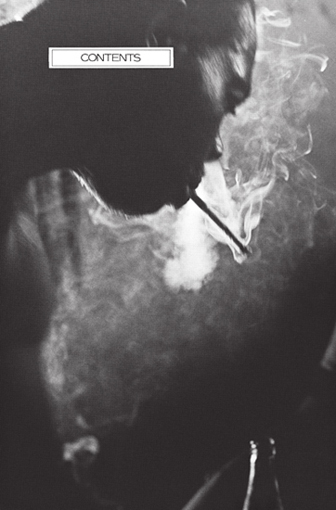
For my grandparents, Philip and Rose Marson, and for Jacob, their great-grandson
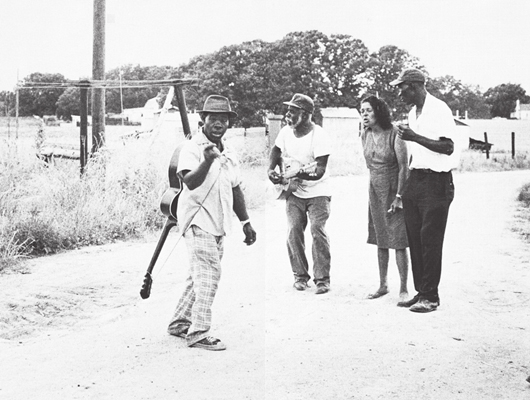
I started writing about music as soon as anyone would listen. Long before the existence of Crawdaddy! or Fusion or Rolling Stone I wanted to do a history of Sun Records; I had mapped out a biography of Skip James. I had this intimation that what I was interested in could be of importance to other people, too.
When I did start writing serious uncritical pieces about my heroes in blues and rock n roll, my intentions, I thought, were of the purest. I sought to publicize the artists; I wanted to call the attention of others to what seemed to me worthwhile; I tried to repay a little the enormous debt I owed to these musicians for opening up my universe.
Nothing ever turns out to be that simple. Writing, of course, is its own reward; in publication lie the pitfalls. Its flattering, after all, to see your own name in print. You become aware of the small degree of power that you exert. And although I have never written any piece out of anything less than personal enthusiasm, it is impossible to avoid becoming manipulative at least to a certain extent. At some point you even begin to get paid.
This book sprang originally out of a suggestion made many editors and over two years ago. A large publisher, riding the crest of the new youth market, wanted the definitive history of the blues. I wasnt interested in that. Even ignoring my own lack of qualifications for the job, I tried to explain the breadth of the subject, also that it had been covered, probably as well as it could be, in Paul Olivers Story of the Blues. My objections were waved aside. Develop your own treatment, I was told. Well, ultimately, this book is the result.
It is a book of profiles intended to show a kind of historical progression. This progression I hope will be obvious from the profiles themselves and from the very abbreviated history in , which traces the development of the blues from traditional country roots up through Memphis and Chicago and into the first heady days of rock n roll. Rock n roll, of course, I took to be an extension of the blues tradition, and I am sorry circumstances prevented me from including Little Richard or Chuck Berry as an example of the black artists adaptation of his own cultural experience for white popular consumption. The stories are interrelated in any case, and undoubtedly the reader will make his own connections as well.
Much more important than any specific progression, however, are the musicians themselves. Every one of them is an artist Ive known and admired, if only from afar, for years. Every one of them is, I think, a significant artist; every one of them deserves your attention. What I wanted to do was to present them in a way in which they had not been seen before, within the context of their own time and world. I wanted to explore in some ways how that world shaped them and how they in turn shaped it.
Obviously there are limitations to this kind of approach. Their experience is, in almost every case, foreign to my own, and I have had to make certain imaginative leaps even to begin to comprehend it for myself. Its an experience, on the other hand, in which I have steeped myself for the last twelve years, and I thought it important for this reason to give the reader a little bit of a clue to my own background and bias, the viewpoint by which the framework is necessarily limited. , Rock n Roll Music, is an attempt to do just that and, I hope, in the process to suggest a kind of portrait of an era. Because it is that era, after all, which not only killed off the blues as a popular music but has now resurrected it, fifteen years later, out of guilt perhaps and out of necessity.
In the end, though, its the music that counts. If this book moves you to listen, if it causes you to pay at least that minimal tribute to each artists work, then it will have served some real purpose. Otherwise its just empty rhetoric, and everyone knows we dont need more of that.
Peter Guralnick
Newburyport, Massachusetts
May 21, 1971
For their continuing help and encouragement in doing this book I would like to thank: Dick Waterman; Bob Koester; Jim and Amy ONeal; Bruce Iglauer; Paul Garon; Jon Landau; David Evans; Richard Allen, Curator of the Archive of New Orleans Jazz at Tulane University; Bob Smith; Parker Dinkins; Terry Pattison; Carl Moxey; Peter Wolf; Jack Viertel; Fred Davis; David Gessner; Steve Frappier; John Grahm; and my editor Bob Somma.
The chapter on Johnny Shines is based on interviews by Jack Viertel as well as myself; the chapter on Muddy Waters utilizes material kindly supplied by Carl Moxey; extensive background information on Robert Pete Williams was supplied by Dick Allen and the Archive of New Orleans Jazz; Bruce Jacksons interview with Skip James was an invaluable expansion of my own. I am indebted to Loren Coleman and Ralph Bass in particular for showing me around the Chess offices.
And, of course, most of all I would like to thank the artists themselves for their generous sharing of time, memories, and hospitality.
I
Like nearly everyone I knew I was unsure how to react to rock n roll. I was twelve when Elvis scored his first success, and he wasnt much older. The excitement, the exhilaration, the novelty of that moment is something it would be impossible to recapture.
Hail, hail, rock n roll/Deliver us from the days of old. Rock n roll did deliver us from the days of old in more ways than it could ever know. Its energy was explosive. It introduced us to a culture whose existence we had never previously suspected. It served as a vehicle for vague proletarian yearnings. It confirmed to us our own reality. Looking back on it from the vantage point of the present it seems hard to believe we ever lived through an era in which values were so circumscribed and distinctions so sharp. But those were the boundaries of our world. It was a world in which crazy mixed-up kids was a household word and dirty boogying an act of social defiance.


